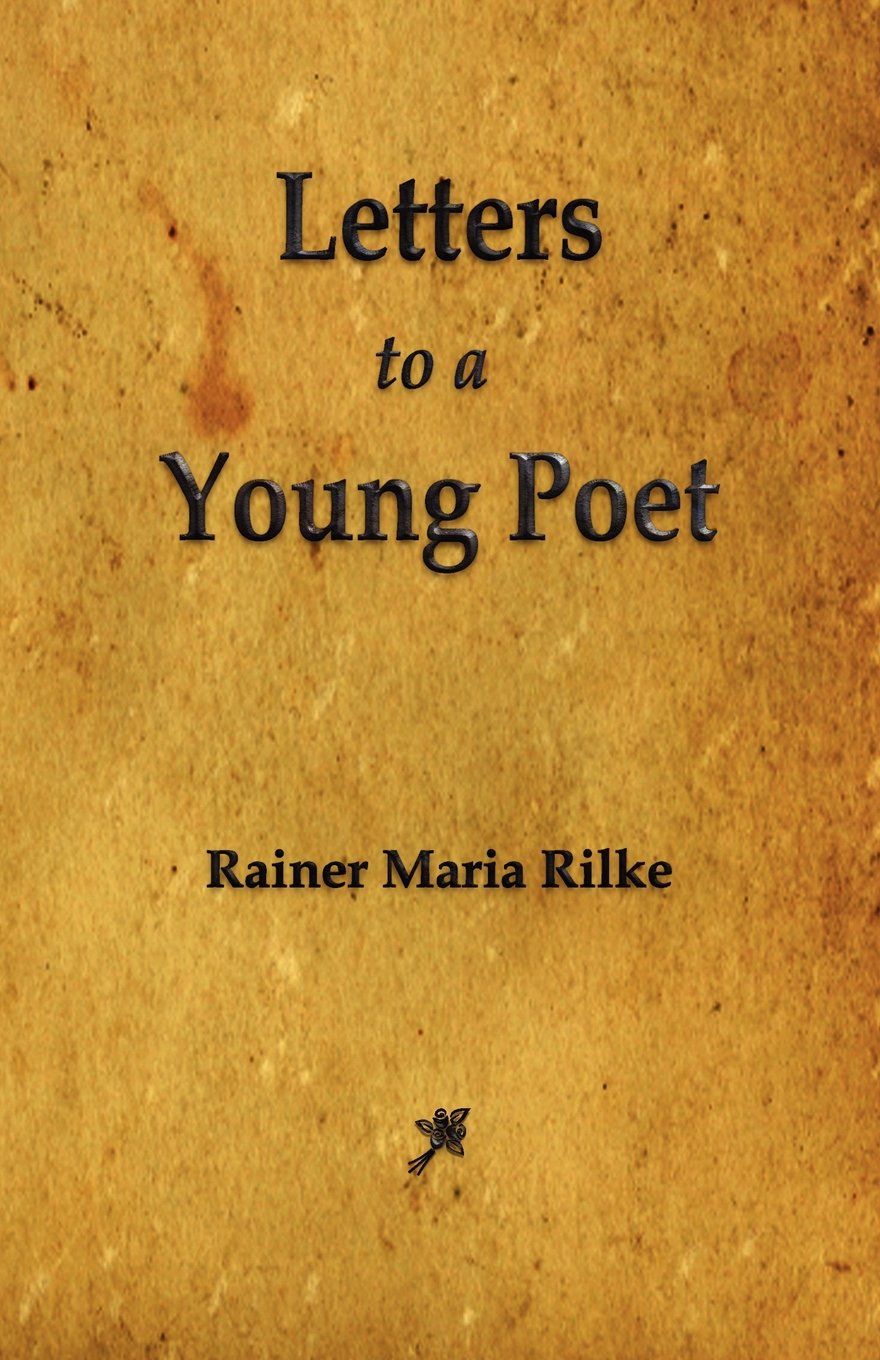

Instead, Rilke notes that “works of art are of an infinite loneliness and with nothing so little to be reached as with criticism” (23). The third letter finds Rilke continuing his prior assertion that any critical discussion of poetry is ultimately meaningless, and he advises Kappus not to consult any literary criticism.

Instead, Rilke advises Kappus that he should “seek the depth of things” and only use irony if it authentically comes out of his inner soul (20). Rilke tells Kappus that while irony can sometimes be a powerful poetic tool, he should not allow himself to “be governed by it” (19). In the second letter, Rilke offers Kappus some more advice for his development as a poet. Rilke closes the letter by suggesting that Kappus focus on exploring his everyday life and experiences, especially his childhood, as material for his poetry, and that he will know whether he is meant to be a poet after doing “this descent into yourself and into your inner solitude” (17). While still offering Kappus some initial judgments on his poetry, Rilke advises Kappus to stop seeking outside affirmation of his poetry, instead looking inward and asking himself whether he feels an intense urge to write. In Rilke’s view, the experience of artistic works such as poems is ultimately ineffable, as they are “mysterious existences, the life of which, while ours passes away, endures” (15). Rilke’s response begins that “critical intention is too far from me,” and that he feels that critical discussion of poetry is ultimately impossible (15).

In Kappus’s initial letter to Rilke, he sent Rilke examples of his own poetry, hoping that Rilke would provide feedback on the poems and advise Kappus on whether he should pursue a career as a poet.


 0 kommentar(er)
0 kommentar(er)
